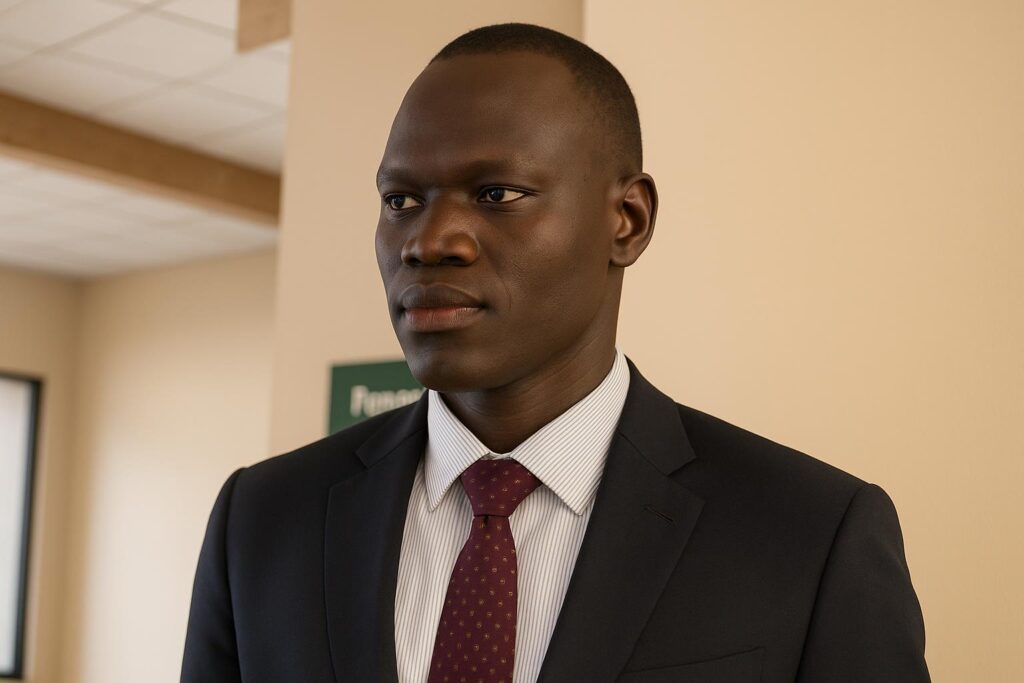Health Spending and Stability
African policymakers increasingly frame hospitals as frontline security assets. Public health failures stir unrest, while reliable clinics calm tensions and revive local economies. Experts argue that budgeting for vaccines, staff and power is as strategic as policing borders (WHO regional brief).
South Sudan’s Emerging Blueprint
Relative calm since 2022 allowed Juba to refocus on care. Parliament’s health committee insists that “medicine is our first peace accord,” chair Benjamin Malek Alier declared. His words preceded the roll-out of a measles catch-up campaign reaching remote counties within weeks.
The ministry then unveiled a National Nutrition Policy and an Action Plan on Antimicrobial Resistance. Together they promote balanced diets and responsible antibiotic use, aiming to curb child stunting and drug-resistant infections that previously strained overstretched wards.
Partners at the Table
United Nations Development Programme engineers installed 24-hour solar grids at tertiary hospitals and the national laboratory, trimming diesel costs while safeguarding cold-chain vaccines. UNICEF and Gavi contributed cholera doses, helping officials contain seasonal spikes before river levels peaked. Donors praise the government’s growing ownership of each programme.
Challenges and Guarded Optimism
Trained staff remain scarce, and rural clinics battle supply gaps. Yet observers see progress: rapid cholera response times fell from weeks to days, and antibiotic stewardship committees now meet monthly. “We cannot relent,” a ministry adviser stresses, “microbes reorganise whenever humans pause.”
Why the Continent Watches Closely
From Kinshasa to Nairobi, governments track Juba’s experiment. Congo-Brazzaville officials, steering their own hospital electrification drive, note how health gains bolster public trust without amplifying political noise. The lesson is pragmatic: invest early in clinics, and peace dividends may follow faster than predicted.


